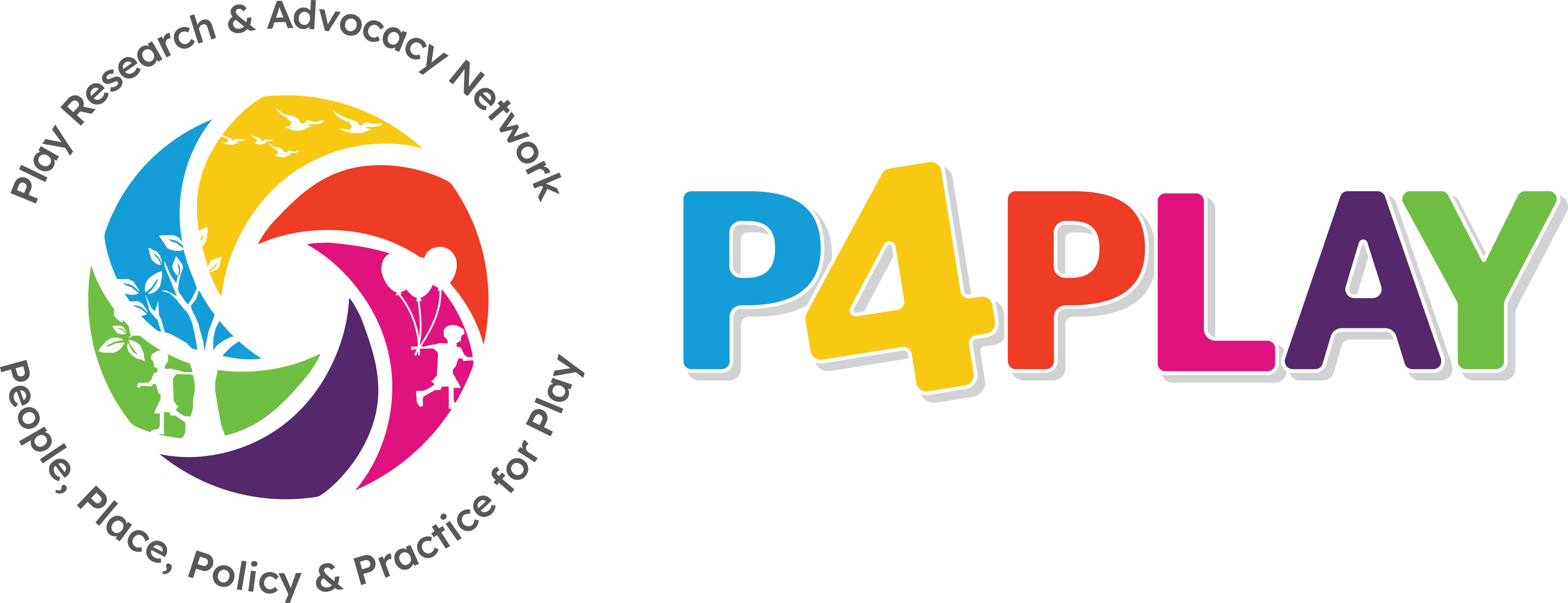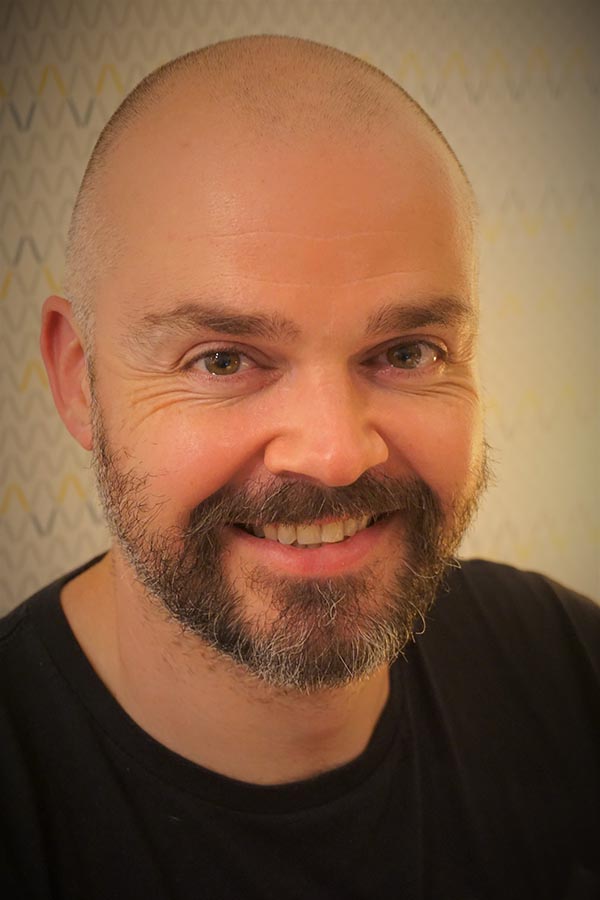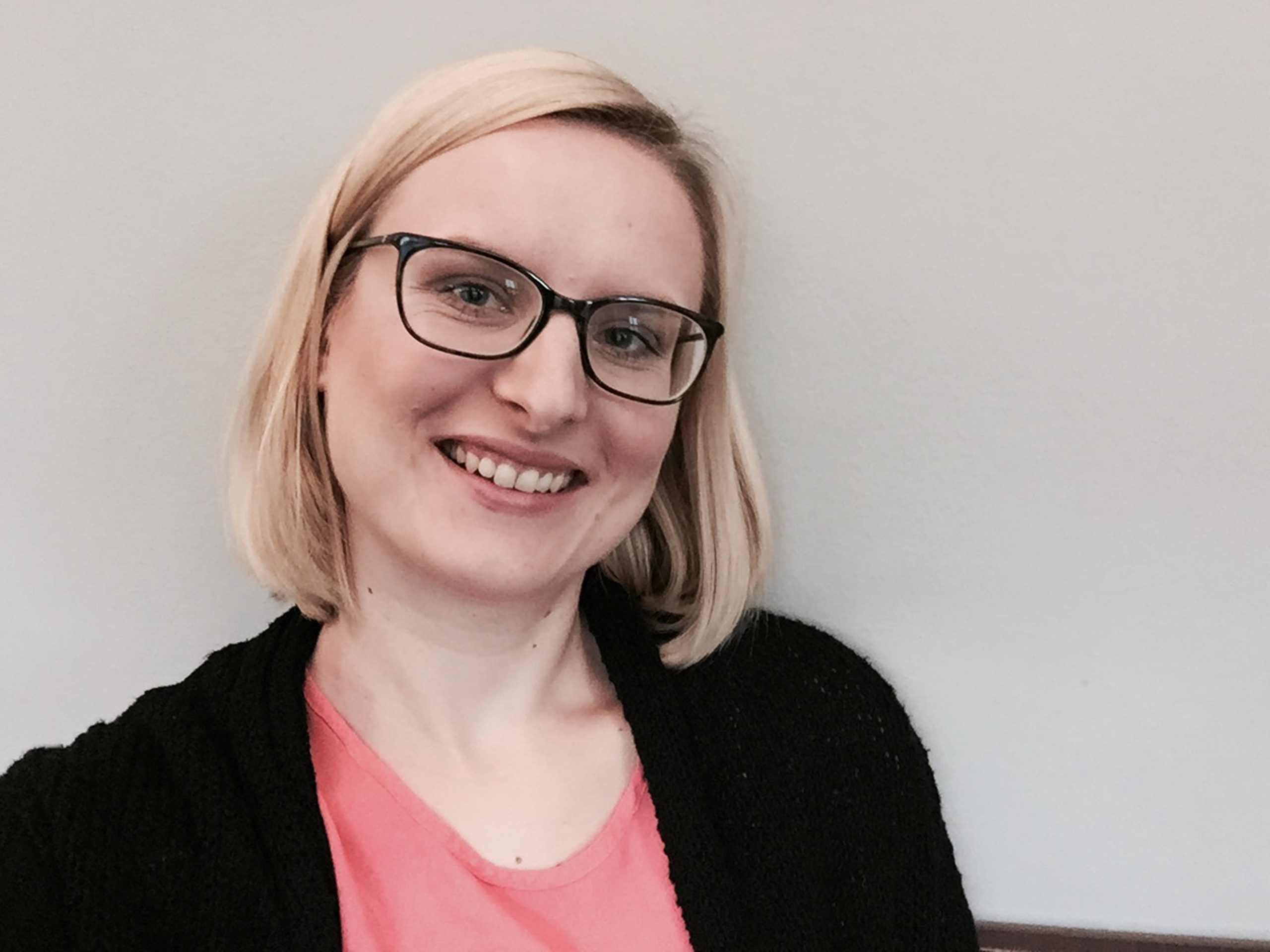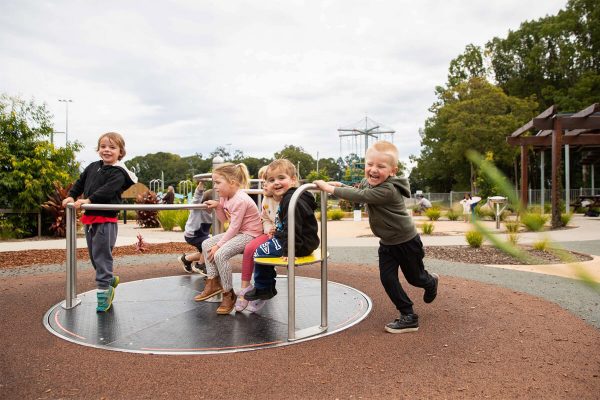Objectives:
- Review methodological approaches to investigating complex systemic issues associated with play and play deprivation, and outcomes associated with community level actions to facilitate play;
- Develop and apply a methodology that enables a complex systems perspective on exploring processes associated with facilitating play to identify areas for development.
PhD award:
Joint degree at Queen Margaret University (QMU) and University College Cork (UCC)
Background rationale:
Occupation is a complex concept, comprising multiple interactions among natural and social phenomena. There is increasing awareness of the potential to use theories of occupation to influence the development and application of policy, as a way of addressing entrenched issues related to health and wellbeing. Understanding if and how policy influences health and wellbeing that is related to complex occupations such as play, is dependent on the ability to understand complex relationships between actions, people and contexts. Current approaches to understanding these complex relationships are limited, though continue to develop. However, little focus has been given to their application in the field of occupational science.
Expected results:
- To identify and develop methodological approaches to identifying the interactions of complex phenomena with a particular focus on between policy and play as occupation
- To develop tools and resources that support the application of existing, or development of future, policies aimed to improve the health, wellbeing, and opportunities of children.








